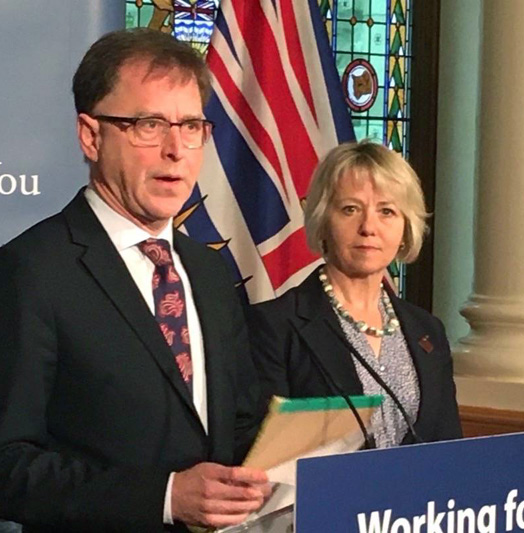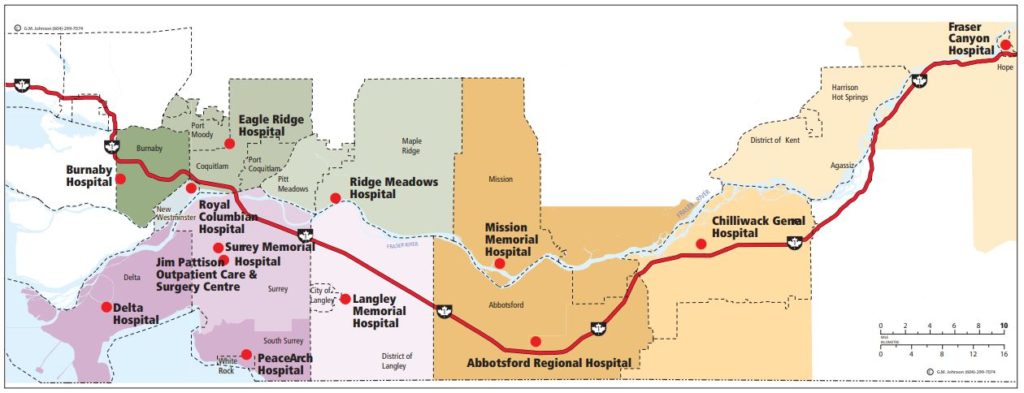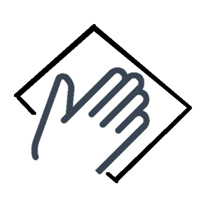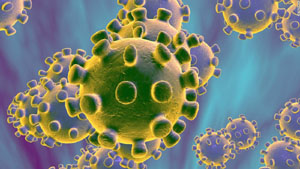Monday February 24, 2020 ~ VICTORIA, BC
by Mary Brooke ~ West Shore Voice News
There is now a seventh case of COVID-19 (coronavirus) in BC. A man in his 40s who lives in the Fraser Health region has now tested positive for the novel coronavirus (COVID-19).
This was announced by BC Health Minister Adrian Dix and BC Provincial Health Officer (PHO) Dr Bonnie Henry today February 24 this morning.
That brings the number of confirmed cases in Canada to 10 (seven in BC, three in Ontario).

The person affected was in close contact with the previously reported sixth case that was announced on February 20 (that person — on her way back from Iran — flew from Montreal to Vancouver on a commercial flight, and potentially affected persons are being contacted). Both cases remain in isolation at home with support and monitoring from public health teams.
In this seventh case, the man has been confirmed positive based on BC Centre for Disease Control (BCCDC) testing. “The BCCDC is now officially authorized for COVID-19 testing by the National Microbiology Laboratory (NML) and therefore samples no longer require further confirmation by the NML in Winnipeg,” said Dr Henry.
“Fraser Health is actively investigating and close contacts have been identified and contacted by public health officials. Those who may be at risk are now in isolation for 14 days and are being actively monitored for symptoms daily.”

Fraser Health provides health care services in 21 communities across a large area of the Lower Mainland including Burnaby (home to Simon Fraser University), Delta, Langley, Surrey, New Westminster, Maple Ridge, Port Coquitlam, Port Moody, Abbotsford, Chilliwack and Harrison Hot Springs.
Of these seven cases, the first case has recovered, as indicated by the resolution of symptoms, followed by two successive negative test results 24 hours apart. The other six BC patients with COVID-19 remain in self-isolation at home and under care by public-health teams.
“The risk of spread of this virus within British Columbia continues to remain low at this time,” said Dr Henry. “We are watching recent global developments very closely and will continue to adapt our response to developing evidence and ongoing assessment of COVID-19 should it be required. We will notify the public if the measures in BC change.”
The number of cases worldwide is growing. The attempted containment within China has not been successful. According to the World Health Organization today, confirmed cases are now in 29 countries. Outside of China the highest level of infection is in South Korea (763 cases / 7 deaths).
In Europe the highest level of infection is in Italy (124 cases / 2 deaths).
There are 43 cases in Iran (8 deaths). There are 35 cases in the United States (no deaths).
Some health experts in Canada say that a pandemic should be prepared for now, something that WHO is avoiding to articulate as it practices ‘health diplomacy’ with China, for all the obvious reasons.
“Given the changing dynamics of the outbreak in China and globally, and recognizing we are in the midst of influenza season, we ask all travellers who are returning to BC — no matter where they were in the world — to monitor themselves and their children closely for symptoms. If any symptoms arise, limit their contact with others and contact their primary care provider, local public health office or call 811. This is an important way to reduce the possibility of transmission of illness to others.
Dix and Henry stated in a news release that people who have recently travelled through the Hubei province of China or are returning from quarantined cruise ships are being contacted by public health officials and are self-isolating for 14 days upon arriving in BC after leaving the area of potential exposure.
“If people have travelled to mainland China in the past 14 days, they are advised to monitor themselves and their children closely for symptoms (fever, shortness of breath, cough and breathing difficulties), and to contact their public health office if they have any concerns.
BC Health continues to advise: “The most important measures people in BC can take to prevent respiratory illnesses including COVID-19 are cleaning your hands regularly, avoiding touching your face, coughing or sneezing into your elbow sleeve, disposing of tissues appropriately, and staying home and away from others if you are sick.”

COVID-19 apparently is transmitted most readily through ‘heavy droplets’ that reach people from a cough or sneeze within 2 to 3 metres. The virus also remains on surfaces. In households, hotels and cruise ships where the virus is present, WHO says these areas should be cleaned: doorknobs, bed rails, bedside table, sink, hand rails, toilet (or bedpan), and floor. In the air flow system, pay attention to ventilation exits and air purifier filters.
However, coughing or sneezing into a sleeve does run the risk of recontamination on one’s hands, so some doctors including Dr Peter Lee (a medical guest on CBC-TV) are not recommending that, with the use of tissues preferred.
BC Health says that anyone who is concerned they may have been exposed to, or are experiencing symptoms of, COVID-19 should contact their primary care provider, local public health office or call 811. Translation services for 811 are available in more than 130 languages.
==== LINKS:
Technical detail and updates on COVID-19: BC Centre for Disease Control



